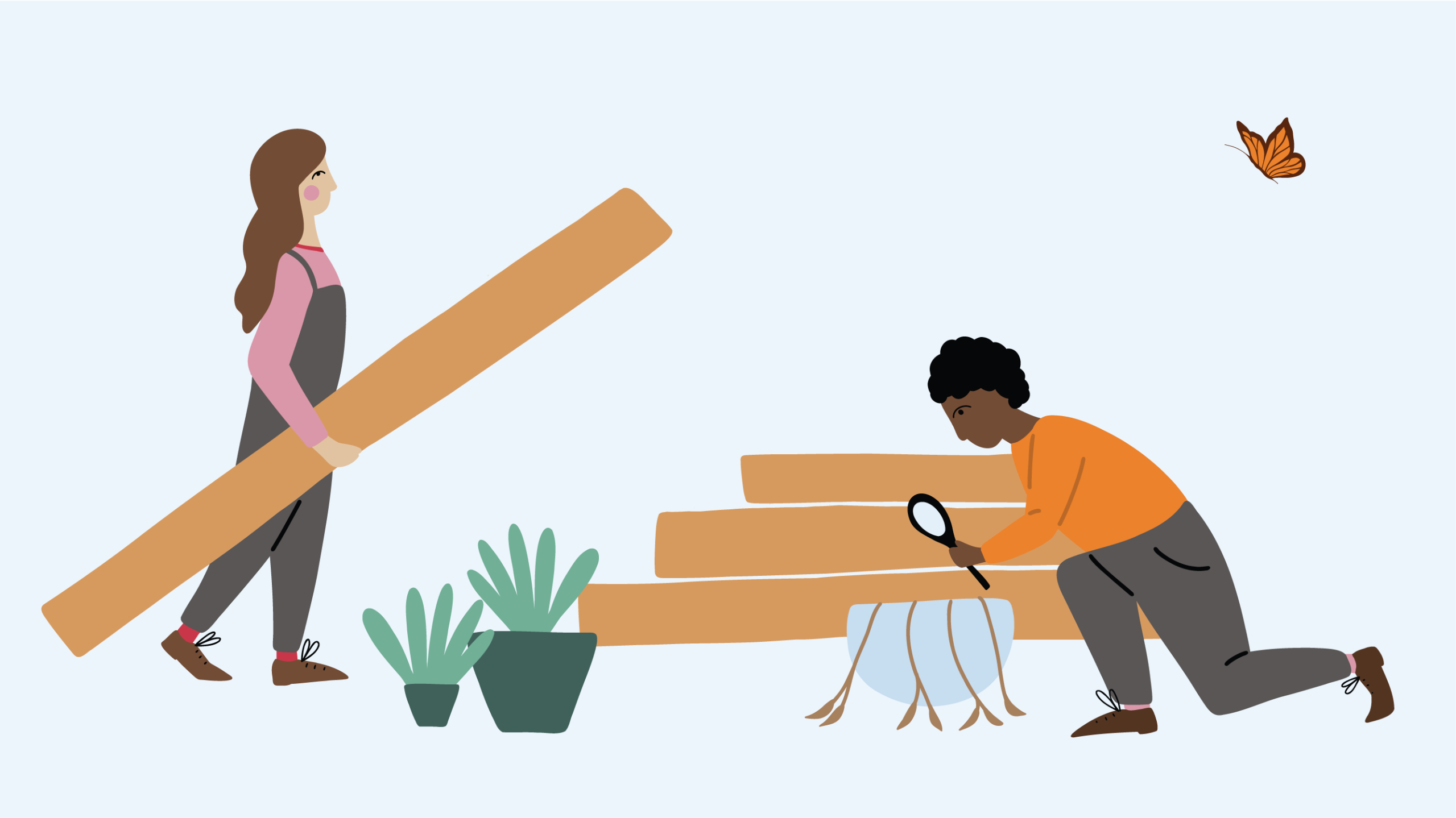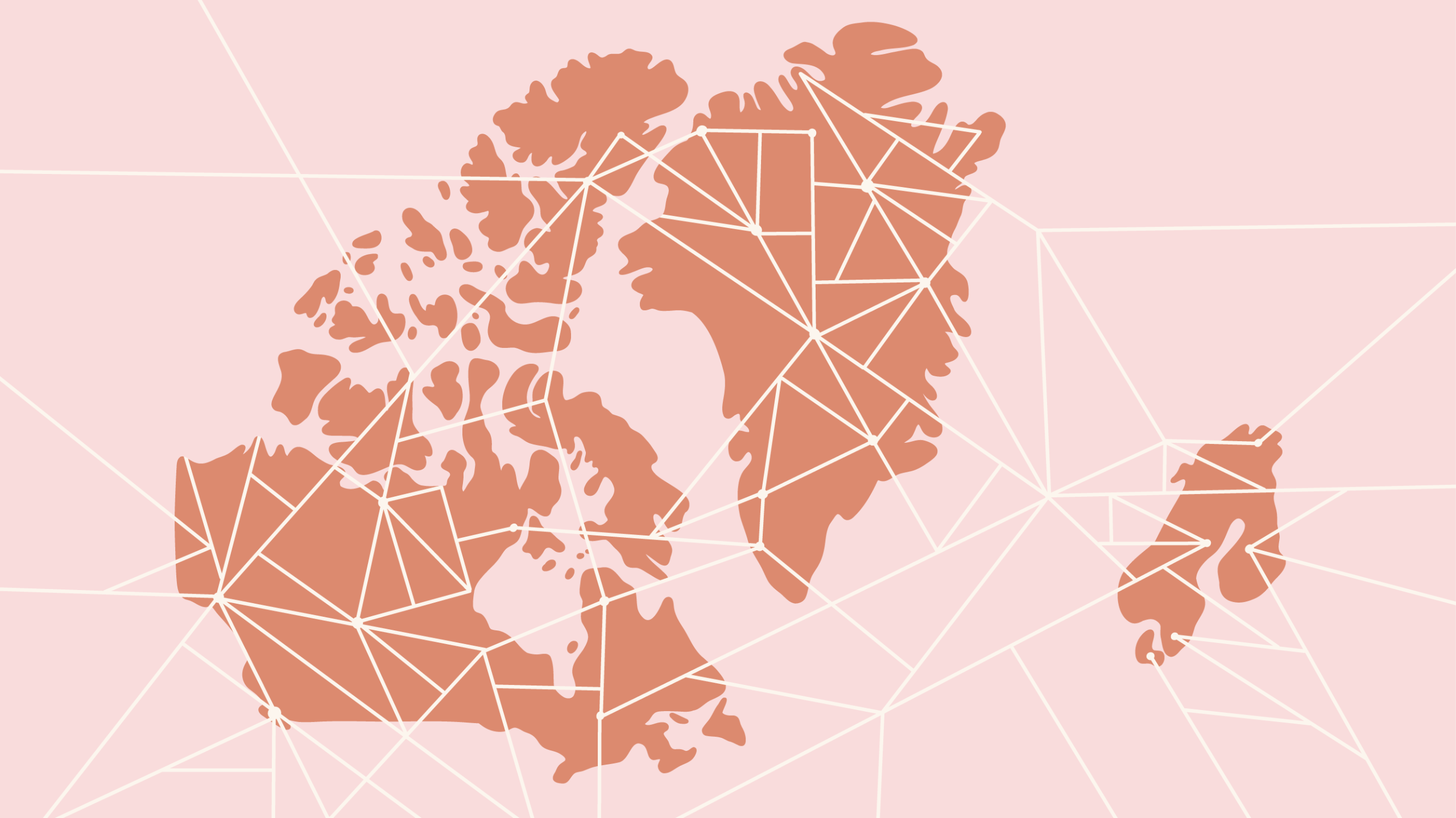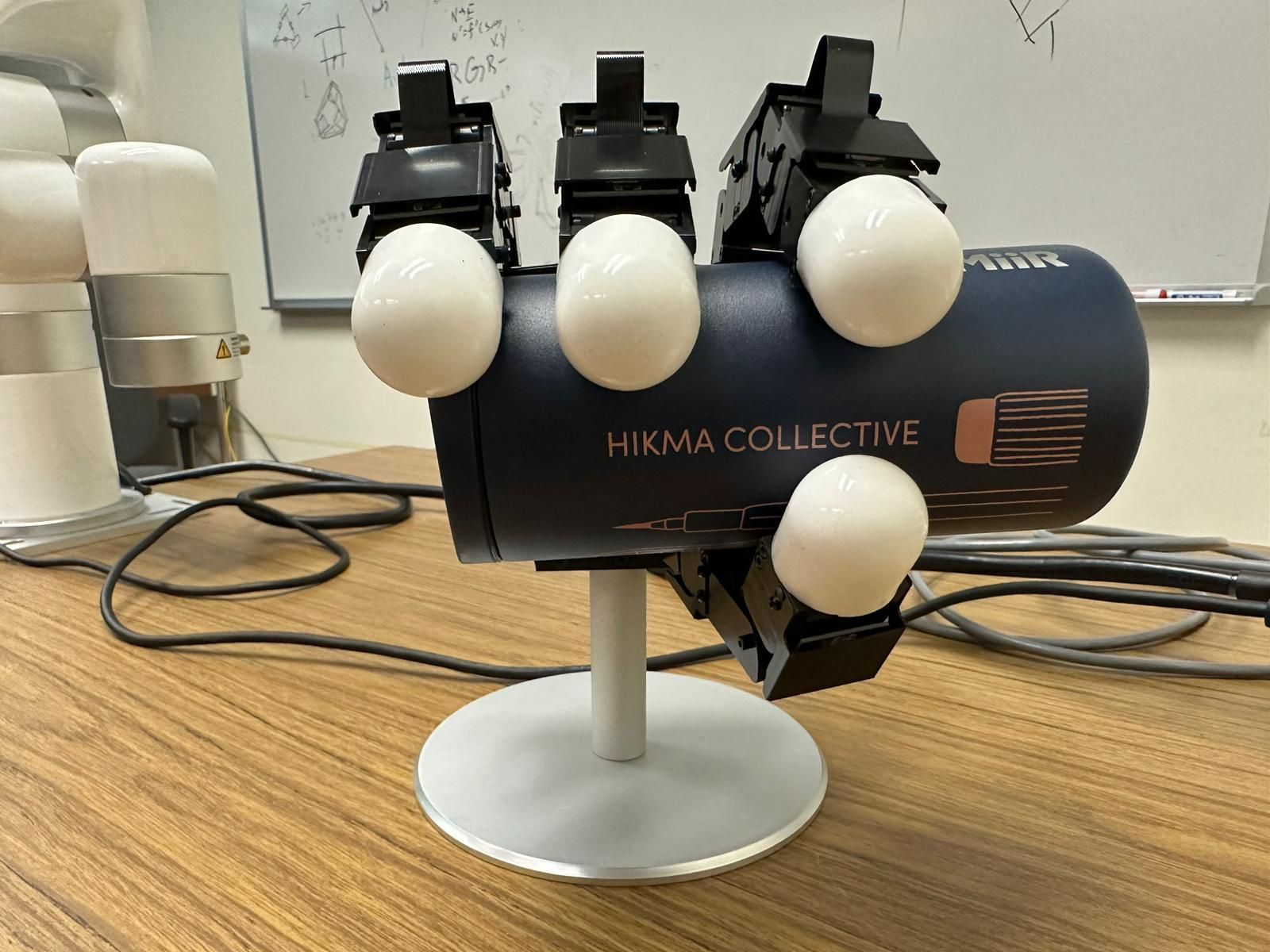Impact
Celebrating wins from our clients who are changing the world
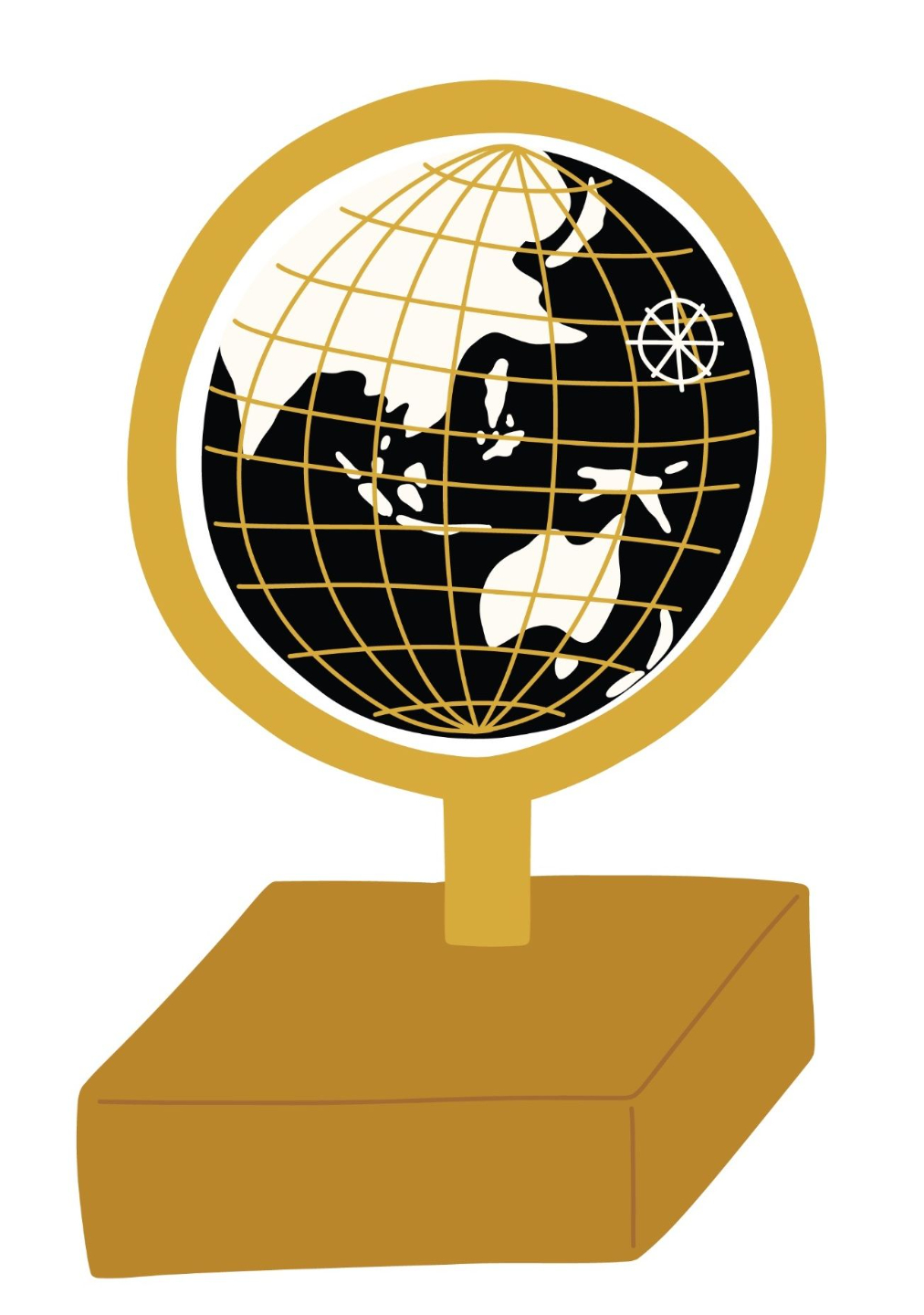
With our support, clients have won $12.5M+ grants in climate and social justice areas such as microplastics policy, linguistics, genocide studies, popular media studies, reconciliation, and pandemic resilience in the long term care sector.
We offer training and support in communication, partnership development, project design, and other critical knowledge mobilization topics.
Mobilizing medieval knowledge and translation through collaborative digital tools

Congratulations to Dr. Francisco Pena, Dr. Katie Brown, and Dr. Francisco Gago for securing a SSHRC Partnership Grant ($2.5M) for their project, “The Confluence of Religious Cultures in Medieval Historiography: A Digital Edition of the General e Grand Estoria (DEGE).”
Working with a highly interdisciplinary team of scholars, practitioners and over 17 partner organizations across North America, Europe, North Africa, and Latin America, this project will develop innovative digital humanities methods to create a digital edition of the medieval General e Grand Estoria and establish a dynamic, international training network for translators, scholars, and practitioners. This project seeks to revitalize the collaborative legacy of Medieval Iberian scholarship by fostering new pathways for research, translation, training, and cultural heritage work across the Mediterranean and around the world.
Networks of care for green, healthy cities

Lorien Nesbitt and team have secured a SSHRC Partnership Development Grant (2024) for "Networks of Care for Green, Healthy Cities." The project seeks to co-produce nature-based solutions to support both human health and environmental justice as our cities transform towards resilient futures.
They are working with three neighborhoods in Vancouver (Chinatown, Sunset, and Hastings-Sunrise) to understand how communities experience climate vulnerability and their emerging adaptive strategies. Working closely with these communities and other government, NGO, and industry partners, the team is exploring the ways that communities at the hyper-local level experience similar extreme weather events differently due to other systems-level factors and grassroots adaptation and advocacy strategies.
Building resilient water systems in community

Madjid Mohseni and his global team secured a 2023 International Joint Initiative for Research in Climate Change Adaptation and Mitigation for "Community Water Systems: Climate vulnerabilities and resilience opportunities."
This ambitious team of researchers, engineers, landscape architects, policymakers, local NGOs and Indigenous knowledge-holders works with partners in Kenya, South Sudan, Norway, and Indigenous communities in Alaska and Western Canada to co-design Water Security Action Plans tailored for local climate risks and policy systems. They seek to create a Global Water Resilience Toolkit to inform policymakers and scale their approach for the 3.2 billion people who may face water insecurity by 2050.
Amplifying stories of Indigenous resilience
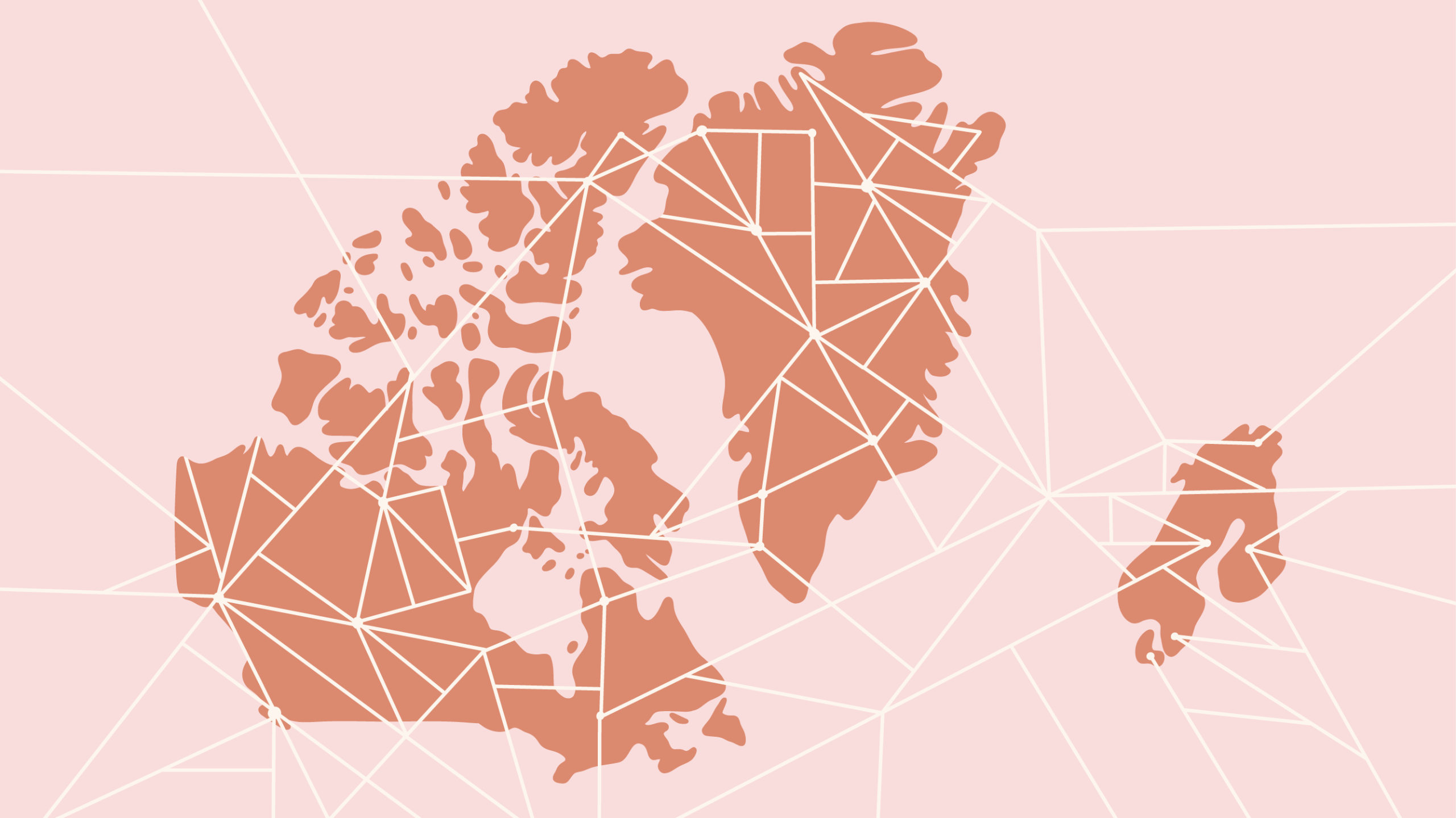
Shannon Leddy, Biz Nijdam, and their team have won a SSHRC Partnership Development Grant (2025) for "Visual Storytelling in the Indigenous North.” Over the course of three years, this project will bring together Indigenous and settler artists, scholars, and cultural organizations to develop Indigenous-centred popular media approaches to amplifying the stories of Canadian and Greenlandic Inuit (Kalaallit) and Sámi stories of resilience, resurgence, renewal, revival, and resistance.
With their highly interdisciplinary team, Leddy and Nijdam seek to develop arts-based approaches that can help advance ongoing transnational calls to truth and reconciliation efforts across Canada, Greenland, Denmark, Norway, Sweden, and Finland.
Designing robots to make buildings sustainable

The Miniaturized Intelligent Construction Robot for Optimal Building Operations and Defect Detection (MICRO-BODD) initiative brings together faculty and trainees from the University of British Columbia with government and industry partners to make infrastructure more sustainable.
The research team draws from fields such as robotics, human-robot interactions, the brain science of collaborative work, lifecycle assessment and design, asset management, project management, optimization, and machine learning to advance the digital transformation of construction projects.
Hikma facilitated the MICRO-BODD Kick Off in Summer 2023 and leading a year-long Skill Development Workshop Series to build foundational capacities in research communication. In Summer 2024, Hikma delivered a certified workshop series—Plan for Research Impact with the UN Sustainable Development Goals—in partnership with CIFAL Victoria. We continue to support the MICRO-BODD team with tailored knowledge mobilization training and strategic consulting to amplify their research impact.
Centering survivors in testimony collection

Charlotte Schallié, University of Victoria, has been awarded a SSHRC Partnership Grant for “Visual Storytelling and Graphic Art in Genocide and Human Rights Education” ($2.5M CAD).
This project brings together 52 scholars across 16 countries, who will partner with 11 survivors, 13 artists, and 34 museums, schools, human rights groups, and other organizations to advance arts-based practices for gathering and teaching survivor testimony.
We worked with this team over 16+ months to refine the project's vision, governance structure, funding proposal, and project design.
Shaping microplastics policy

The Cluster for Microplastics, Human Health & the Environment has been awarded a second year of funding from the University of British Columbia Grants for Catalyzing Research Clusters.
Led in Year 1 by Loretta Li, the Cluster engaged Hikma to support three public scholarship initiatives: a knowledge mobilization training series, an infographic to spark partnerships, and a three-episode podcast series.
Hikma Artist in Residence Matthew Tomkinson incorporated the sound of crunched plastic to create the original score for the podcast.
Building pandemic resilience in long term care

Farinaz Havaei, University of British Columbia, pivoted her research program in 2020 to address the immediate and long term impacts of the pandemic on the long term care sector.
After gathering data from long term care sites across British Columbia, Dr. Havaei facilitated virtual dialogues with health authorities, residents, family members, administrators, and others across the province.
Through these dialogues, the group developed key policy recommendations. We translated these recommendations into a final report and a forthcoming podcast for government officials and the public.

